In late April 2025, the Ministry of Finance announced a new wave of tax reforms. The draft bill is currently being prepared for submission to the State Duma, and if approved, businesses will need to adapt to the updated regulations. Below, we outline the key amendments and their potential implications.
Key Changes
Updates to VAT, PIT, and Corporate Profit Tax
Impact on Businesses
The reforms will require adjustments to financial planning, tax reporting, and internal compliance procedures. Errors in payment deadlines or documentation may trigger penalties and additional audits.
Mitigating Risks: Recommended Actions
Request a Consultation
Our experts are available to assist in navigating these changes and minimizing risks. Submit a request today to ensure a seamless transition.
Key Changes
- Revised Tax Payment Deadlines
- Payments due on weekends or public holidays must now be made on the last business day before the due date, rather than the following business day. Non-compliance may result in penalties.
- Unified Tax Account (UTA) Adjustments
- Clear notification timelines have been established:
- Decisions on early termination of deferrals/installment plans will be reflected in the UTA within one month.
- Cancellations of tax deductions will be updated within 30 calendar days.
- Reduced Reporting Requirements
- Companies will no longer need to resubmit unchanged reports for personal income tax (PIT), insurance contributions, or property taxes.
- Payment Deferrals for Businesses in Crisis
- Companies experiencing a revenue decline of over 50% due to climate-related factors (e.g., agricultural firms affected by drought) will be eligible for payment deferrals.
- Extended Investment Tax Credit (Up to 10 Years)
- The repayment period has been extended for businesses implementing innovative technologies, modernizing production, or pursuing environmental projects.
- Expanded Access to Tax Monitoring
- Businesses now only need to meet one of three eligibility criteria to participate in online tax monitoring, replacing the previous requirement to fulfill all conditions.
Updates to VAT, PIT, and Corporate Profit Tax
- VAT on Cryptocurrency Mining: Leasing mining capacity to foreign entities will now be subject to VAT.
- Zero VAT Rate for Ore: Mining companies can apply a 0% VAT rate when selling ore and concentrates containing precious metals.
- PIT Adjustments: Child tax deductions will apply only to salaries and civil contract payments (excluding dividends).
- Corporate Profit Tax Benefits:
- Tax exemptions for gratuitously received goods/services now apply if permitted under both federal and regional laws.
- Loss carryforward provisions have been extended until 2030.
Impact on Businesses
The reforms will require adjustments to financial planning, tax reporting, and internal compliance procedures. Errors in payment deadlines or documentation may trigger penalties and additional audits.
Mitigating Risks: Recommended Actions
- Review and adjust payment schedules and budgets.
- Update accounting processes to align with new requirements.
- Leverage available tax incentives and credits to optimize fiscal obligations.
Request a Consultation
Our experts are available to assist in navigating these changes and minimizing risks. Submit a request today to ensure a seamless transition.


